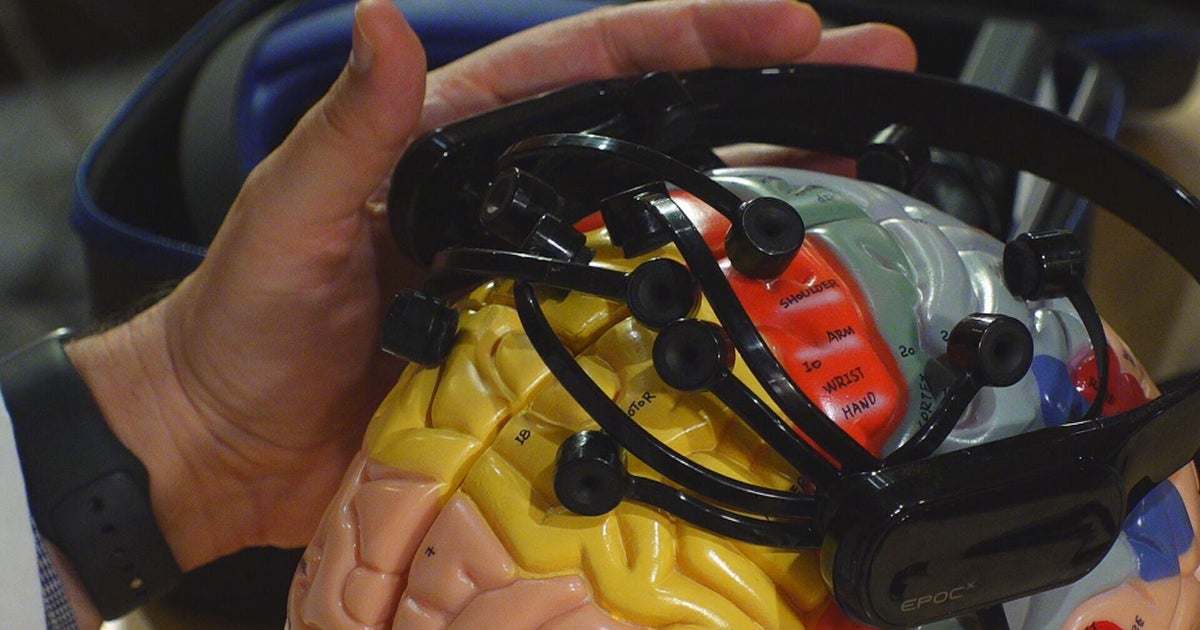CDC Changes Guidelines, Shortening Quarantine If You Get COVID
MINNEAPOLIS (WCCO) -- In the wake of the Christmas holiday, there is a sudden demand for COVID-19 tests as Omicron surges in the nation. In some testing places, there are long lines, with hundreds of Minnesotans waiting to learn if they're infected and need to stay away from others.
Meanwhile, the Centers for Disease Control is cutting its COVID isolation guidance by half if you're positive. If you test positive, regardless of vaccination status, you only have to stay home for five days instead of 10.
"Our science is advancing, and oftentimes changes are good changes, meaning that we're learning things and then we're adapting our behavior to what we're learning," Dr. George Morris said.
On the sixth day, if you have no symptoms or your symptoms have passed, you can leave. However, keep wearing a mask around others for an additional five days.
Morris, incident commander for COVID response at CentraCare, says the data and real-time needs informed the federal scientists' decision.
"I think the reality of the duration of the pandemic and the challenge that many health care organizations and the other businesses are feeling with 10 days plus of quarantine, (it) is really hard to manage as we kind of look forward to how we live with COVID. I think this was part of the reality," Morris said.
There's also changes for exposure. If you're recently vaccinated or boosted, mask around others for 10 days but there is no need for quarantine.
If you're not vaccinated or got your vaccine months ago, the CDC says stay home for five days then wear a mask around others for five more days. Test on the fifth day if you can.
"It should be a good mask – a medical or a surgical quality mask. A bandana, a gaiter, a cloth mask (is) not adequate," Morris said.
Experts say data show the booster provides greater protection against infection. Vaccines also protect against serious illness and death.
"This is evidence that the booster is a really key factor right now," Morris said.
State health officials say they're still waiting for official guidance from the CDC before changing the state's recommendations to match the federal advice.







